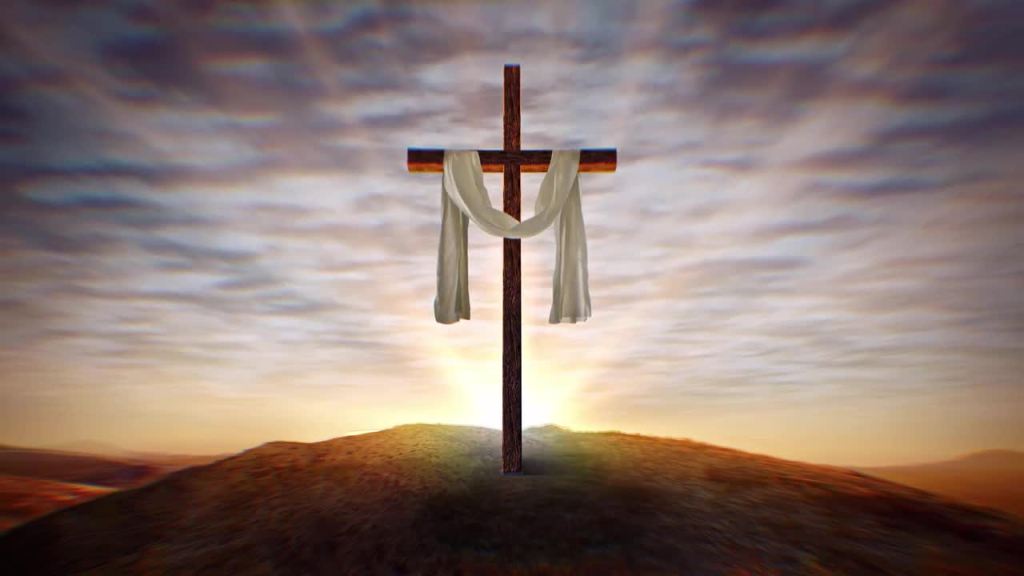
John 21:19
New International Version
Jesus said this to indicate the kind of death by which Peter would glorify God. Then he said to him, “Follow me!”
For Encouragement
Bravado, denial, disillusionment, fallback to old ways, failure, and disappointment—Simon Peter knew this road well and traveled it for gold. However, that was not his lot in life. Jesus had much more for the man He had prepared to lead His church. So, in the early morning in one of His post-resurrection appearances on the shores of the Sea of Galilee, Jesus met him and his friends, disappointed and wallowing in failure after a futile all-night fishing trip. Jesus refreshed them over broiled fish and bread for breakfast, after which He restored Peter. The way He did it must have brought into sharp focus Peter’s personal weaknesses, and conveyed to him his need for divine enablement to succeed in his assigned responsibilities.
The Lord’s repeated question to Simon was penetrating. “Simon, son of John. Do you love me?” (John 21:15, 16, 17).
Peter’s first two responses were sincere but not convincing (15, 16). Guilt can weaken a man’s confidence, but thank God He knows the integrity of our hearts.
In each response, Christ gave Peter a charge and mandate. For the third time, Jesus repeated His question, “Do you love me?” He had been with the Lord for three years, so he understood the Lord’s repeated question. They revealed his weakness despite his gallantry, and that hurt him. It is painful when someone says something that highlights our weakness.
Peter surrendered his weakness to Jesus.
Lord, you know all things; you know that I love you.
How else could he express it, and isn’t that what the Lord expects from us—to surrender our weaknesses to Him? (2 Corinthians 12:9).
“Jesus said, Feed my sheep.”
Peter has his commission now and is almost rejoicing in his heart, but there is more for him. Jesus told him the way he would die, not a pretty way to die, but reminiscent of how He, Jesus, died. Then He added a command:
“Follow me!” (19).
This command has loads of reminders and hope. Jesus was telling Peter:
“I have tread victoriously on the path I am calling you to journey with me. I know the pain and suffering that would challenge you, but I know how to conquer them and move you to higher grounds, and I will see you through. Please don’t go ahead of me and don’t retreat in cowardice again. Just follow me. But I also know your tendency towards distraction as on the sea-walk with me (Matthew 14:28-31). Your show of bravado in Gethsemane was also a showoff and unnecessary, as I told you (John 18:10-11). This call is serious business, so don’t blow it, Peter. Follow me!
With a pounding heart, Peter follows the Lord for a beach stroll. He hears some familiar footsteps behind them. It is John following them, and his curiosity asks,
Lord, what about him?
Peter! Peter! Peter!
Did you hear the Lord a few minutes ago about distractions? But we are so much like Peter. We concern ourselves with other people’s matters than our own, which are screaming for attention. As the Lord said, leave that to me, Peter. It’s not your concern.
His message today as His disciples is: Don’t get distracted. Just follow me with your eyes fastened on me, for I am the Pioneer and Perfecter of our faith, and you will ride into victory with me.
Shalom







